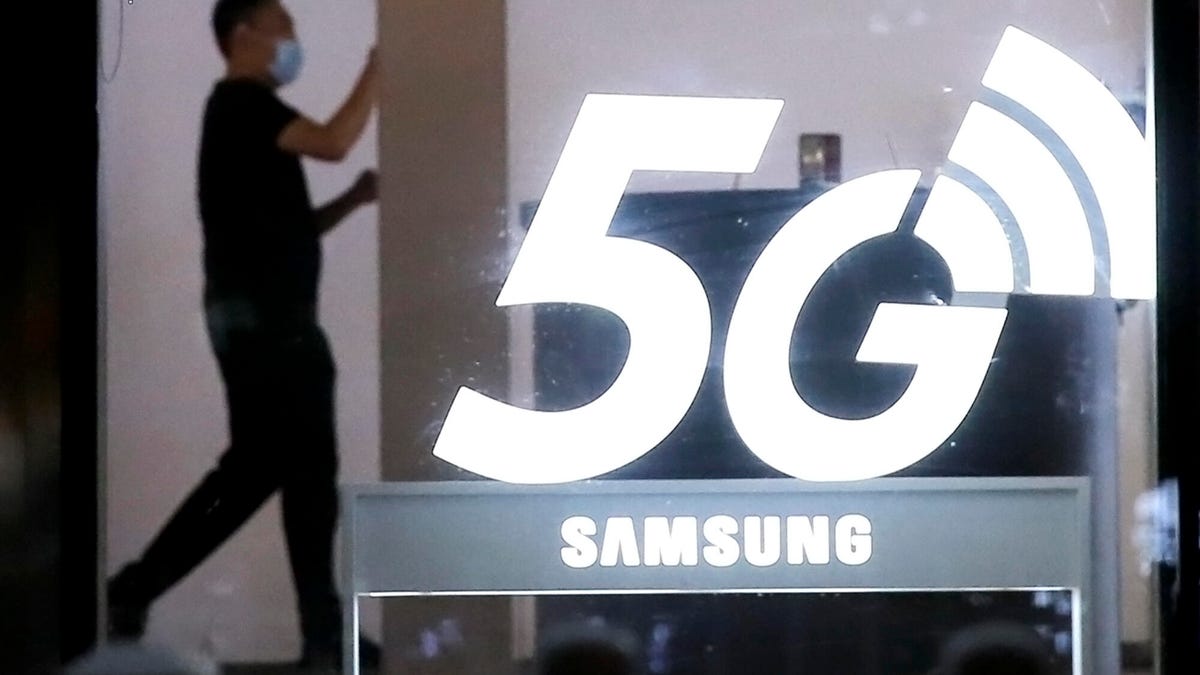Samsung wins $6.6 billion Verizon deal for network equipment
The contract is a big victory for Samsung's 5G ambitions.

Verizon has inked a $6 billion deal to provide network equipment to Verizon.
Samsung has won a $6.6 billion contract to provide network equipment to wireless provider Verizon , providing a big boost to Samsung 5G market ambitions. The Korean electronics giant will install and maintain equipment for Verizon, the company said in regulatory filing Monday.
The order, which was finalized Friday, runs from June 30, 2020 to Dec. 31, 2025, Samsung said in its filing. Samsung didn't say how much of the contract deals with 5G-capable network equipment.
"With this latest long-term strategic contract, we will continue to push the boundaries of 5G innovation to enhance mobile experiences for Verizon's customers," Samsung said in a statement.
Samsung had a 3% share of the global telecom market in 2019, well behind market leader Huawei's 28% share, Nokia's 16% and Ericsson's 14%, according to market research firm Dell'Oro Group.
"Samsung has demonstrated their commitment to collaborating with us to drive innovation in 5G and we are excited to expand our relationship with them and benefit from a long-term strategic agreement," A Verizon spokesperson said.
5G is the next generation of wireless technology rolling out across the world, promising to deliver much faster wireless service and a more responsive network. Its ability to connect more devices and offer real-time feedback is expected to spark a sea change in how we live and work, ushering in new advances like self-driving cars and advanced augmented reality experiences.
The Trump administration in August unveiled a plan to free up 100 megahertz of wireless spectrum currently being used for the military to be used instead for commercial 5G service. This nationwide spectrum is in the so-called midband range of spectrum, which wireless providers say is key to delivering the next generation of 5G wireless service to suburban and rural users.

